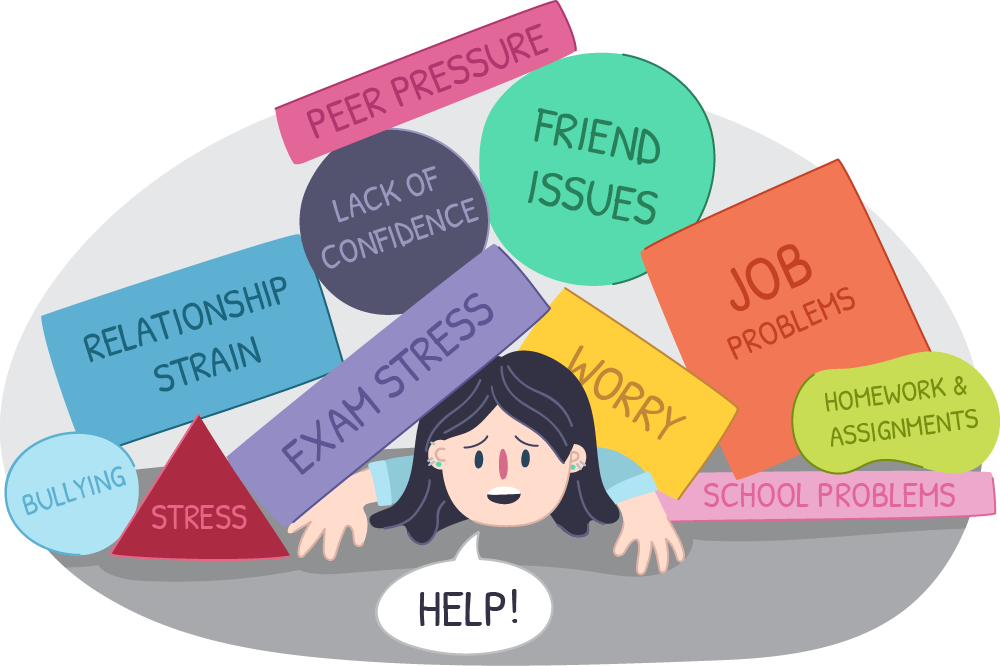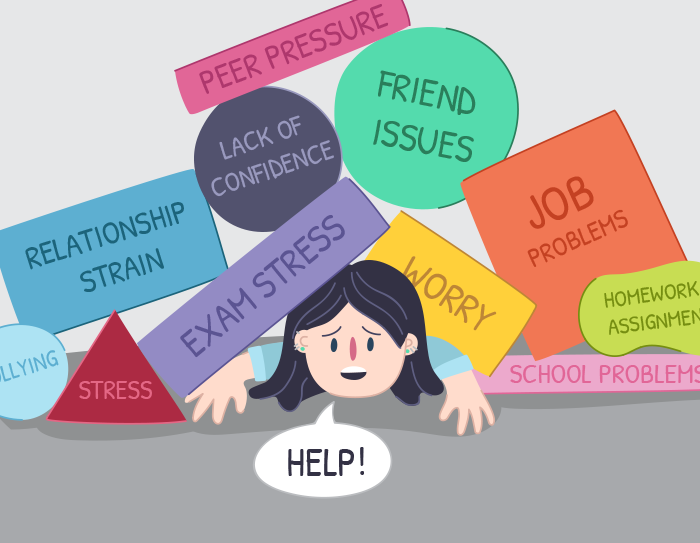Empowering young people to ask for help
Being able to ask for help when you need it is an essential skill. We discuss how to overcome the challenges kids and teens face when asking for help.

Everybody needs help - so why is it so hard to ask for it?
Asking for help, no matter how big or small the issue might be, is often hard to do. Some people see it as a negative thing but that’s simply not the case!
- Asking for help can be challenging whether you’re an adult or a child. Knowing that you’re in need of help can be hard to identify or admit because we’re often taught to be self-reliant and independent.
- Asking for help can feel uncomfortable and some people describe it as having to ‘swallow their pride’. It takes courage to reach out and say that you’re not managing, you’re unsure about something, or you just need a shoulder to cry on.
- Teaching young people to ask for help is a really important skill they’ll need to be successful in life. How we go about asking for help and whether or not we’re open to help sends powerful messages to the young people in our lives.
I want help but I can't ask!
So what exactly gets in the way of asking for help?
Well, here’s a few important things that young people say stop them from reaching out:
They don’t really believe that talking about it, counselling or therapy will help
They or other people see it as a sign of weakness
They don’t like to rely on others and prefer to do things themselves
There is no one around that they feel able to talk to
They’re not sure who they can trust and if they will keep what they say confidential
They’ve tried asking for help in the past but it didn’t go very well and it put them off
It’s hard to know when it’s ok to cope by themselves or when they really need help
They justify their feelings or make excuses to themselves in order to avoid asking for help
It’s too expensive or they don’t have the right service in their neighbourhood
They’ve never done it before and feel scared or worried about what might happen
They're embarrassed or ashamed
Teaching young people that it's ok to ask for help
As adults we send messages about whether or not help seeking is ok. Be sure to send positive messages about asking for help. Here's some suggestions to get you started:
Allowing others to help you, sharing your struggles and being vulnerable with people you trust can strengthen your relationships.
Let's change the way we view asking for help
How we respond to young people's calls for help with the small things can influence how they ask for help with the big stuff.
Sometimes we just need help and there’s no shame in that. Let’s model good help seeking behaviour for our young people so they have a positive attitude about reaching out for support.
No matter how big or small the issue might be, asking for help is an important skill to have. As adults we have a role to play in ensuring that young people have positive experiences when they reach out for support, so that when the big stuff happens they’ll feel safe and secure in asking for help.
Check these out too:
Helping kids stop cyberbullying
Everybody has a role to play in helping kids understand what’s ...
READ MESelf-harm explained
Finding out a child has been self-harming can be scary and confusing. ...
READ MEBullying at school
When bullying happens at school, it’s hard to know how to ...
READ MESupporting a child who is thinking of suicide
As a parent, it’s frightening to hear your child talk about ...
READ METalking helps! We’re here for your kids.
No problem is too big or too small.
We're here 24 hours a day, 7 days a week






